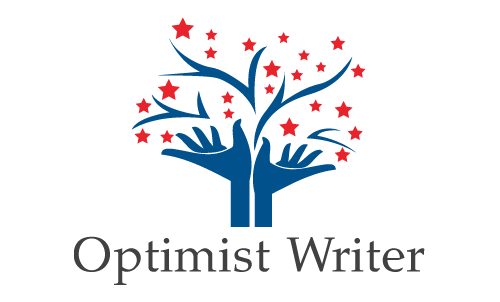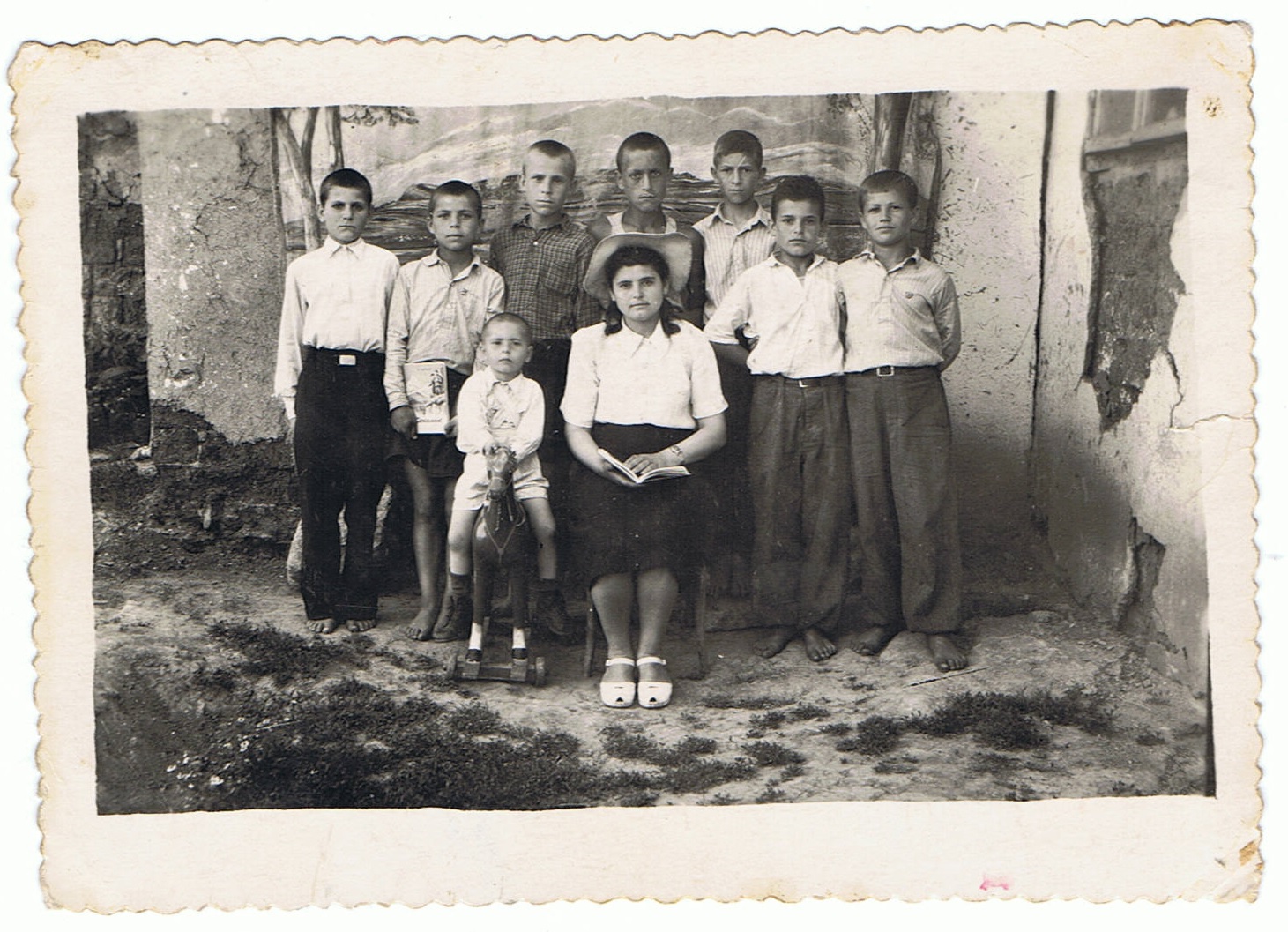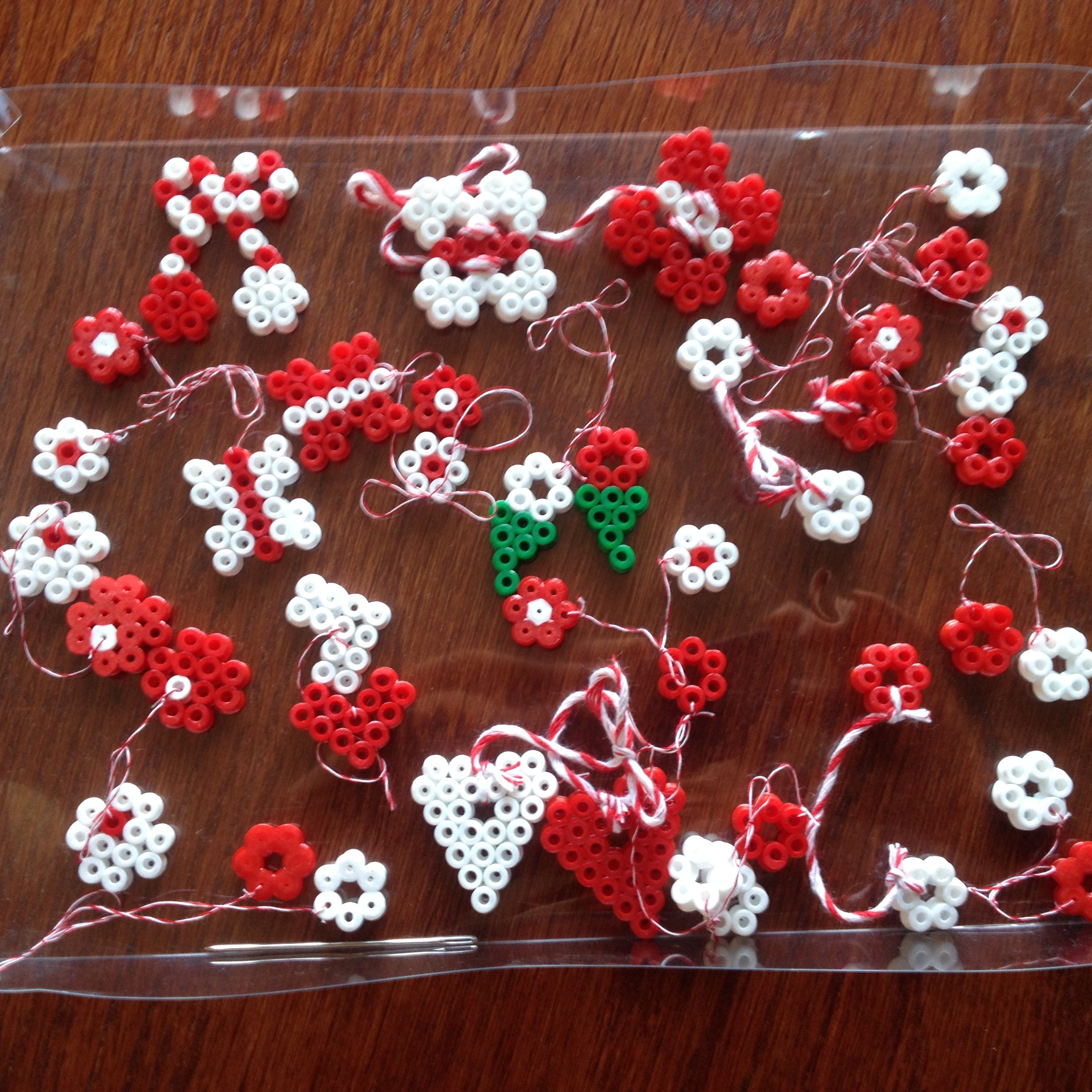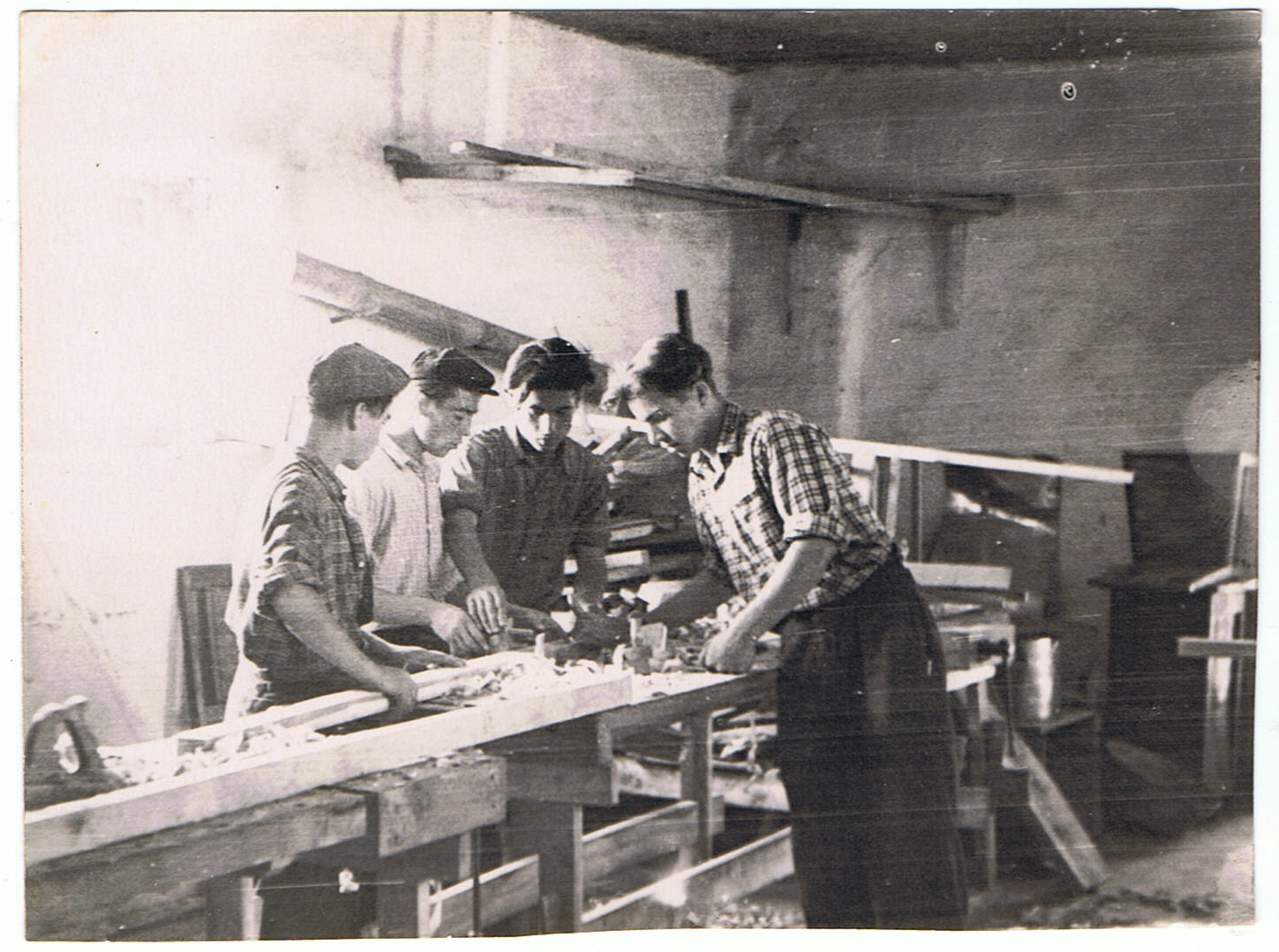The countdown continues. SIX.
The process:
I finished proof-reading my book on Kindle.
If you would like to experience your adrenaline values jump from maximum to minimum and back, here is my recommendation: write a book, improve it as much as you can, then compile it as an e-book or a paperback and read the result. An emotional roller-coaster is guaranteed.
In my case I had the following thoughts, while reading my book. “Wow, did I write this? It is really good!” Followed by, “What’s this? How could I have made such a mistake? This is so bad! Should I publish something like this?” And then back to a high slope and back down. And so on, and so on.
The happy ending to this roller-coaster is that I am still going to publish my book.
There are two reasons for this.
First, I have shared my process with so many people and so many support me in the process that giving up is impossible. I guess my dear supporters will only stop asking about it when I’ll tell them that the book has been published. I bet that shortly after they will start asking me about the second book. Being supported like this is one of main fuels for an author to keep going.
And the second reason is that I am extremely curious where to this whole journey will bring me. I am curious about every step, every crawl, ever millimeter on this path. Of course I have dreams of many liking and buying my book, but I am thrilled when I discover one more person, one more friend following my blog or postings on the Facebook and commenting on what I have written.
It is so exciting to be able to touch someone’s heart and hear in return. I don’t think there is a higher reward for a writer than this.
Quote/Excerpt:
Speaking of happy endings. I love them, but I also love referencing to them ironically. My favourite flying quote about happy endings is the one my sister often uses. I like it so much that I had to use an interpretation of it in my book. See an excerpt from Chapter 39.
***
I sighed. “… I don’t want a lack of food to be the reason that I marry.”
“What should the reason be? Love?” When I didn’t answer, Efim shrugged and said, “You read too many books. I know that many of them are science fiction, like those of your idol Alexei Tolstoy, but they aren’t any better than those films where our army wins and the two heroes marry.”
***
Call to action/question after the quote: How do you refer to happy endings without calling them as such directly?
Picture:
One of my father’s greatest happy endings or rather happy beginnings was meeting my mother, falling for her and being loved in return. This is a picture from their wedding in 1962.








